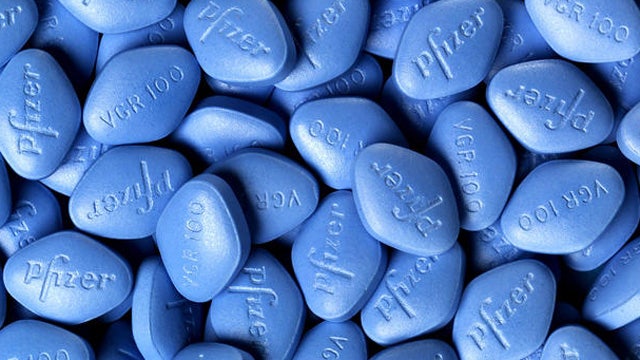Sexual dysfunction often refers to different symptoms in men and women, yet can share similar underlying causes.
In women, it is often characterized by low sexual desire or various disorders of functions like sexual arousal, orgasm, and sexual pain.
In men, erectile dysfunction (ED) is just that: difficulty getting or keeping erections sufficient for intercourse. ED is often the result of an untreated underlying condition, like diabetes or hypertension.
Female sexual dysfunction, on the other hand, is often more complex and can be a side effect of another condition and/or can involve emotional, physical or environmental aspects.
Recent studies estimate that prescription medications cause approximately one in four cases of sexual dysfunction.
There are many medical conditions and major classes of drugs that can negatively impact your sex life.
High Blood Pressure
This condition can directly lead to sexual dysfunction, as can the medicines used to treat it. These medications act by lowering the pressure inside blood vessels, thereby decreasing the strain on the heart. In men, this decreased blood flow can interfere with erections, ejaculation and sexual desire. In women, decreased sexual desire, difficulties achieving orgasm and vaginal dryness are common side effects.
High Cholesterol
Statins and other drugs used to treat this condition often act by limiting the availability of cholesterol. Cholesterol is a vital building block of hormones, including testosterone, estrogen and other sex hormones. Therefore, a reduction in cholesterol can lead to reduced production of these hormones.
Diabetes
This condition can damage blood vessels and nerves, which are two big components of sexual function. As with high blood pressure, the reduced blood flow resulting from damaged vessels can contribute to sexual dysfunction.
Depression/Anxiety
Antidepressants act by blocking chemicals in the brain, particularly chemicals like serotonin, norepinephrine and acetylcholine that relay signals between nerve cells. It is well documented that decreased libido, diminished ability to orgasm or ejaculate, and impotence are associated with antidepressant usage.
If you are experiencing any of these symptoms as a result of a medical condition or treatment, speak with your doctor about switching medications, decreasing doses, or possible holistic treatments. It is also important to consult your doctor about your overall health, and whether or not you’re fit for sexual activity.

